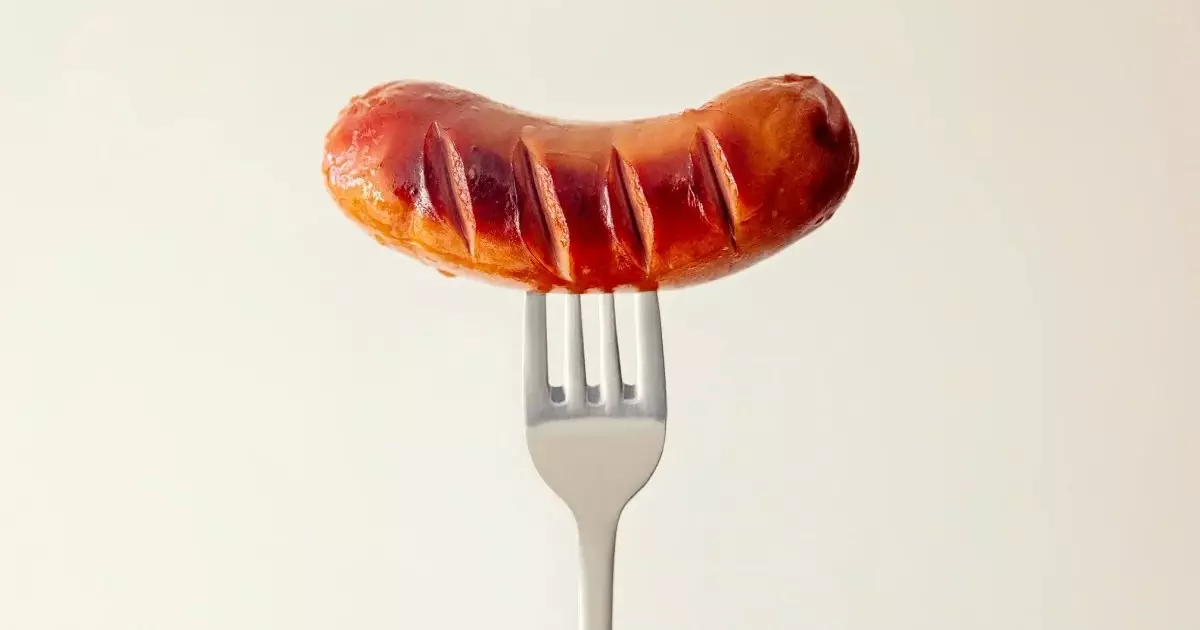When it comes to sharing our meals with our beloved pets, the line tends to blur between what’s delightful for us and what’s safe for them. Sausages, often a staple in our diets, pose significant health risks for dogs that owners might overlook. While it may be tempting to indulge your canine companion with a taste of this savory delight, understanding the complexities of what sausage entails is crucial in making safe feeding decisions for our furry friends.
The Perils of High Fat and Sodium
At the heart of the sausage dilemma lies a combination of excessive fat and sodium levels, which can wreak havoc on a dog’s health. Fatty foods, including sausages, are notorious for leading our four-legged companions down the slippery slope of obesity. Canine obesity isn’t just an aesthetic concern; it can lead to numerous serious health conditions, such as diabetes, heart disease, and joint issues. Moreover, the high sodium content found in most sausages can result in elevated blood pressure and heart complications, making it a potentially dangerous addition to daily dog diets.
The Toxic Ingredients You Didn’t Know About
Beyond the detrimental effects of fat and sodium, many commercially available sausages contain ingredients that are harmful, or even toxic, to dogs. One shocking fact is that common seasonings, such as garlic and onion powder, are often included in sausage recipes. These ingredients are known to cause oxidative damage to canine erythrocytes and lead to conditions like hemolytic anemia. The dangers aren’t limited to seasonings; sulfite preservatives found in many processed meats can hinder essential vitamin absorption, setting the stage for vitamin B1 deficiencies.
The Signs of Trouble
If your dog manages to snag a piece of sausage, don’t jump immediately to panic mode. A small nibble is unlikely to cause significant harm. However, a watchful eye is essential to monitor for symptoms of salt poisoning or gastrointestinal distress, such as vomiting, diarrhea, and excessive thirst. This vigilance can make all the difference in how quickly you respond if the situation escalates. If you suspect that your pup has consumed a considerable amount of sausage, prompt communication with your veterinarian is non-negotiable. Your vet can guide you to ensure your dog stays healthy and mitigate any potential fallout.
Finding Safer Alternatives
Given the potential hazards of sausages, many pet owners are left wondering what to substitute for this human food favorite. Fortunately, there are plenty of dog-friendly treats that satisfy the craving for meaty flavor without the associated risks. Lean meats cooked without seasoning, like chicken or turkey, as well as specially formulated dog treats, can be a healthy and safe way to reward your furry friend. By opting for these alternatives, you can ensure your dog’s diet remains nutritious, safe, and enjoyable.
In the end, the love we have for our pets should drive us to make informed decisions about their diet. Sausages may tantalize our taste buds, but they often deliver more harm than good when it comes to our four-legged companions.

